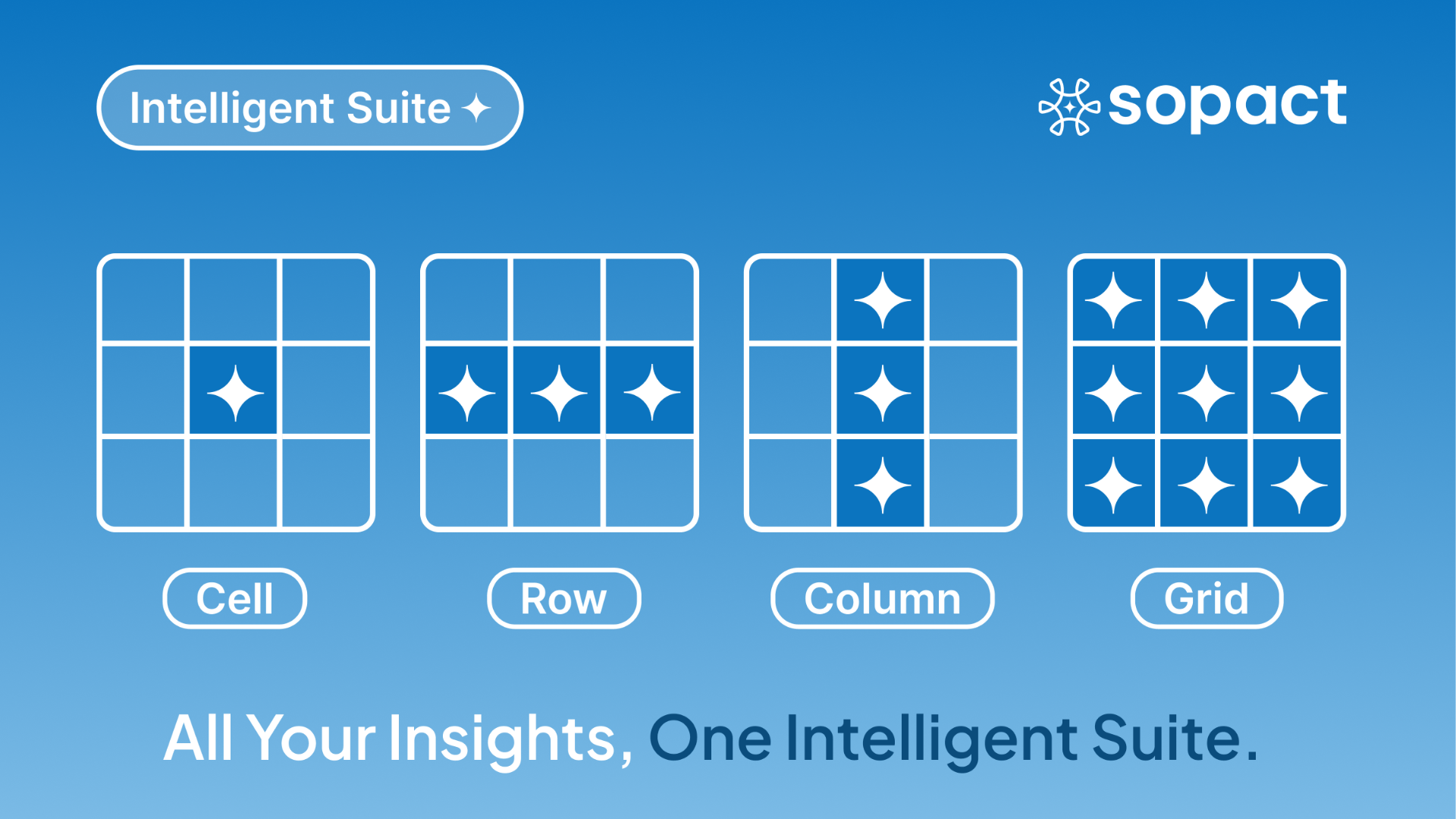

New webinar on 3rd March 2026 | 9:00 am PT
In this webinar, discover how Sopact Sense revolutionizes data collection and analysis.
.webp)
As social enterprises, we are all working towards a common goal: positively impacting society and the environment. However, to truly achieve this goal and drive real change, we must be able to measure and demonstrate the impact of our work. This is where impact measurement comes in. In this article, we will share step by step approach to the impact measurement journey at Oorja, a leading social enterprise in India focusing on climate and energy solutions.
Impact measurement is the process of evaluating the effectiveness of a social enterprise's mission and activities. It involves setting clear and measurable goals, collecting data on progress towards them, and analyzing the results. Impact measurement can take many forms, from simple surveys to more complex randomized controlled trials.
So why is impact measurement so important for social enterprises? For starters, it increases accountability and transparency. By setting clear goals and measuring progress towards them, social enterprises can demonstrate to stakeholders and funders that they are effectively utilizing resources and making a real difference.
Impact measurement also improves decision-making. Collecting and analyzing data allows social enterprises to identify areas with the most impact and where they need to improve. This allows them to make informed decisions about allocating resources and prioritizing activities.
Furthermore, impact measurement can lead to increased funding opportunities. Donors and investors are increasingly looking for organizations that can demonstrate their impact and effectiveness. Social enterprises can attract more funding and support by having a robust impact measurement system in place.
Impact measurement also enhances reputation. Social enterprises that can demonstrate their impact are more likely to be viewed positively by stakeholders and the public. This can lead to increased trust and support from the community.
Finally, and most importantly, impact measurement helps social enterprises to increase their impact. By setting clear goals and measuring progress towards them, social enterprises can ensure that they make the most difference possible.
One example of a social enterprise that has successfully implemented impact measurement is, Oorja. Oorja was selected by the Miller Center For Social Enterprise based on impact measurement maturity assessment. Sopact, Miller Center, and Oorja partnered in 2022 to develop a continuous impact measurement learning infrastructure.
Oorja is a social enterprise with farming as a service (FaaS) to support farmers in South Asia. Their irrigation, cooling, and agro-processing services are powered by sustainable decentralized solar power at the farm level. These resources transform the lives of the communities they serve.
Oorja partnered with Sopact through the Miller Center to measure and manage their social impact. There were four key objectives:
Collecting stakeholder data was especially challenging due to low literacy rates and the diverse languages of their stakeholders. The process required specialized survey techniques and digital transcription, a time-consuming and error-prone process.
Oorja also had data siloed in various systems such as MS Excel, Google Sheets, Kobo, and more. Integration and making better use of existing data was a challenge.
Did Oorja meet its objectives? Yes. Here are the strongest takeaways from the process.
%2520(1)%2520(1)%2520(1)%2520(1)%2520(1)%2520(1)%2520(1).png)
Oorja Project Associate, Preeti Kumari, remarked on “how crucial it is to run short experimental surveys of stakeholders from time to time to understand changes, take their feedback, and make better decisions for improving current services or introducing new services….”
Understanding the strategic advantage of IMM, combined with new-age tools like Impact Cloud®, Oorja can now measure their impact in real-time.
What does improved IMM for Oorja mean? Oorja can now increase value for its stakeholders and maximize positive impact for the communities they serve.
Oorja’s work is important on a global level. Studies show that irrigation farming can significantly close the poverty gap of rural farmers. Access to refrigeration and agro-processing further helps farmers bring food to market.
For the farmers, these efforts create equitable and secure livelihoods that increase the prosperity of their families and communities. Stable and diverse crop production resistant to disruptive events also increases food security for the community.
Their impact aligns with five different critical UN SDGs:
Oorja’s programs are driving these efforts while keeping energy clean and carbon emissions low.
Social Enterprise Putting Small Farmers First
Oorja’s FaaS resources help small farmers in India increase their productivity, revenue, and food stability. Through the Miller Center and Sopact, they now have the tools to drive an ever greater impact for small farmers. To learn more about Oorja, visit their website. Read more about the social impact accelerator Miller Center for Social Entrepreneurship. Join an upcoming webinar to learn more about the critical role of IMM for social enterprises and nonprofits.
In conclusion, impact measurement is crucial for social enterprises looking to drive real change and make a meaningful impact on society and the environment. It increases accountability, improves decision-making, leads to increased funding opportunities, enhances reputation, and, most importantly, increases impact. Social enterprises should consider implementing impact measurement to ensure they are making the most difference possible.
Learn More: Impact Strategy

